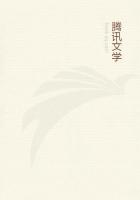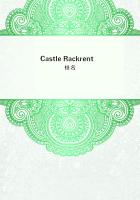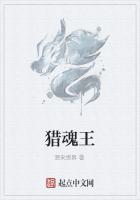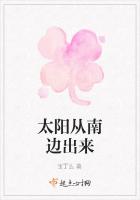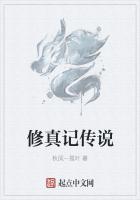As I have already intimated, I doubt the more lasting effects of unjust criticism. It is no part of my belief that Keats's fame was long delayed by it, or Wordsworth's, or Browning's. Something unwonted, unexpected, in the quality of each delayed his recognition; each was not only a poet, he was a revolution, a new order of things, to which the critical perceptions and habitudes had painfully to adjust themselves: But I have no question of the gross and stupid injustice with which these great men were used, and of the barbarization of the public mind by the sight of the wrong inflicted on them with impunity. This savage condition still persists in the toleration of anonymous criticism, an abuse that ought to be as extinct as the torture of witnesses. It is hard enough to treat a fellow-author with respect even when one has to address him, name to name, upon the same level, in plain day; swooping down upon him in the dark, panoplied in the authority of a great journal, it is impossible.
Every now and then some idealist comes forward and declares that you should say nothing in criticism of a man's book which you would not say of it to his face. But I am afraid this is asking too much. I am afraid it would put an end to all criticism; and that if it were practised literature would be left to purify itself. I have no doubt literature would do this; but in such a state of things there would be no provision for the critics. We ought not to destroy critics, we ought to reform them, or rather transform them, or turn them from the assumption of authority to a realization of their true function in the civilized state.
They are no worse at heart, probably, than many others, and there are probably good husbands and tender fathers, loving daughters and careful mothers, among them.
It is evident to any student of human nature that the critic who is obliged to sign his review will be more careful of an author's feelings than he would if he could intangibly and invisibly deal with him as the representative of a great journal. He will be loath to have his name connected with those perversions and misstatements of an author's meaning in which the critic now indulges without danger of being turned out of honest company. He will be in some degree forced to be fair and just with a book he dislikes; he will not wish to misrepresent it when his sin can be traced directly to him in person; he will not be willing to voice the prejudice of a journal which is "opposed to the books" of this or that author; and the journal itself, when it is no longer responsible for the behavior of its critic, may find it interesting and profitable to give to an author his innings when he feels wronged by a reviewer and desires to right himself; it may even be eager to offer him the opportunity. We shall then, perhaps, frequently witness the spectacle of authors turning upon their reviewers, and improving their manners and morals by confronting them in public with the errors they may now commit with impunity. Many an author smarts under injuries and indignities which he might resent to the advantage of literature and civilization, if he were not afraid of being browbeaten by the journal whose nameless critic has outraged him.
The public is now of opinion that it involves loss of dignity to creative talent to try to right itself if wronged, but here we are without the requisite statistics. Creative talent may come off with all the dignity it went in with, and it may accomplish a very good work in demolishing criticism.
In any other relation of life the man who thinks himself wronged tries to right himself, violently, if he is a mistaken man, and lawfully if he is a wise man or a rich one, which is practically the same thing. But the author, dramatist, painter, sculptor, whose book, play, picture, statue, has been unfairly dealt with, as he believes, must make no effort to right himself with the public; he must bear his wrong in silence; he is even expected to grin and bear it, as if it were funny. Every body understands that it is not funny to him, not in the least funny, but everybody says that he cannot make an effort to get the public to take his point of view without loss of dignity. This is very odd, but it is the fact, and I suppose that it comes from the feeling that the author, dramatist, painter, sculptor, has already said the best he can for his side in his book, play, picture, statue. This is partly true, and yet if he wishes to add something more to prove the critic wrong, I do not see how his attempt to do so should involve loss of dignity. The public, which is so jealous for his dignity, does not otherwise use him as if he were a very great and invaluable creature; if he fails, it lets him starve like any one else. I should say that he lost dignity or not as he behaved, in his effort to right himself, with petulance or with principle. If he betrayed a wounded vanity, if he impugned the motives and accused the lives of his critics, I should certainly feel that he was losing dignity; but if he temperately examined their theories, and tried to show where they were mistaken, I think he would not only gain dignity, but would perform a very useful work.

